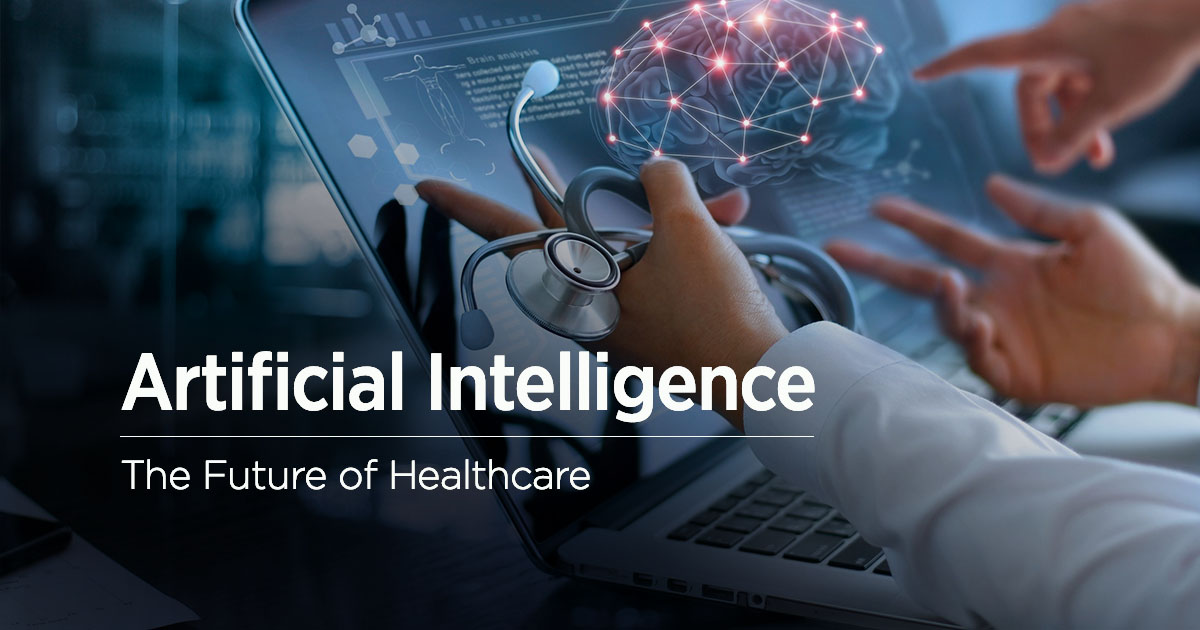 |
The healthcare industry has been rapidly adopting artificial intelligence (AI) in recent years, and for good reason. AI has the potential to improve patient outcomes, reduce costs, and even save lives. In this post, we'll take a look at some of the ways AI is being used in healthcare today.
1. Diagnosing Diseases
One of the most promising applications of AI in healthcare is in disease diagnosis. Machine learning algorithms can analyze vast amounts of patient data and detect patterns that would be impossible for human doctors to recognize. This can lead to earlier and more accurate diagnoses, which in turn can lead to better treatment outcomes.
2. Drug Discovery
Another area where AI is making a big impact is in drug discovery. AI algorithms can sift through massive amounts of data and identify potential new drug candidates much more quickly than human researchers ever could. This has the potential to accelerate the pace of drug discovery and bring new treatments to market faster.
3. Personalized Medicine
AI can also help doctors tailor treatments to individual patients. By analyzing a patient's genetic and medical data, machine learning algorithms can identify which treatments are most likely to be effective and which are not. This can help doctors avoid trial-and-error approaches to treatment and ensure that patients receive the best possible care.
4. Predictive Analytics
Finally, AI is being used to predict patient outcomes. By analyzing patient data, machine learning algorithms can identify which patients are most likely to experience complications or require readmission. This can help doctors intervene early and prevent costly and dangerous complications.
In conclusion, AI is poised to revolutionize the healthcare industry. From disease diagnosis to drug discovery, personalized medicine, and predictive analytics, the potential applications of AI are vast. While there are still challenges to overcome, the promise of improved patient outcomes and reduced costs make the adoption of AI in healthcare an exciting prospect.
5. Robotics
Robots are being developed and used to help with surgery, therapy, and patient care. They can perform surgeries with greater precision, reducing the risks of complications. Robotic exoskeletons can help patients with mobility issues, allowing them to walk or move more easily. Additionally, robots can help with patient monitoring, reminding them to take medication or tracking vital signs.
6. Medical Imaging
AI is being used to improve medical imaging, such as X-rays, CT scans, and MRIs. Machine learning algorithms can analyze images and identify potential issues that may have been missed by human radiologists. This can help to detect diseases earlier, leading to better treatment outcomes. Additionally, AI can reduce the amount of time needed to analyze images, freeing up radiologists to focus on more complex cases.
7. Fraud Detection
Healthcare fraud is a significant problem, costing the industry billions of dollars each year. AI algorithms can help to detect fraudulent claims by analyzing patterns in data. For example, they can identify unusual billing patterns or flag claims that do not match a patient's medical history. This can help to reduce costs and ensure that patients receive the care they need.
8. Mental Health
AI is also being used to improve mental health care. Chatbots and virtual assistants can help to provide support and guidance to patients suffering from anxiety or depression. Additionally, machine learning algorithms can analyze patient data to identify patterns that may indicate the onset of mental health issues, allowing for early intervention and treatment.
In conclusion, AI is transforming the healthcare industry in a variety of ways. From improved disease diagnosis to personalized medicine, robotic care, medical imaging, fraud detection, and mental health, the potential applications of AI are vast. While there are still challenges to overcome, the promise of improved patient outcomes and reduced costs make the adoption of AI in healthcare an exciting prospect for the future.
Comments
Post a Comment